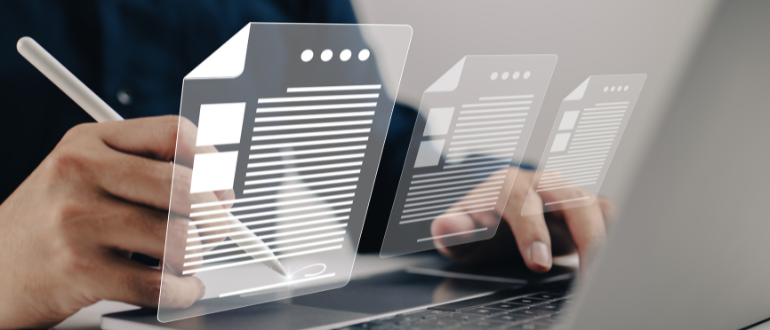
OpenAI and its primary investor Microsoft Corp. have signed a non-binding agreement that lets the trailblazing artificial intelligence (AI) startup restructure and eventually go public.
The memorandum of understanding, announced Thursday, calls for the “next phase of our partnership.” The companies did not disclose how much of OpenAI that Microsoft would own after the restructuring nor whether Microsoft would retain exclusive access to OpenAI’s latest models.
“Together, we remain focused on delivering the best AI tools for everyone, grounded in our shared commitment to safety,” the companies said in a joint statement.
The next phase in the companies’ relationship — Microsoft has poured more than $13 billion into OpenAI — would allow OpenAI to restructure into a for-profit company, paving the path to a potential IPO to fund its outsized development plans and compete in the rapidly evolving AI market. OpenAI is currently valued at $500 billion.
Microsoft benefits from the agreement because it would ensure continued access to OpenAI’s technology even if the startup achieves what it calls artificial general intelligence.
As part of the restructuring plan, OpenAI’s nonprofit parent company will continue to hold authority over the for-profit business while receiving an equity stake worth more than $100 billion, OpenAI Chairman Bret Taylor said in a memo Thursday.
That is the easy part. What will be hard is navigating regulatory approval for a corporate conversion.
Attorneys general in California, where OpenAI is based, and Delaware have opened investigations into OpenAI’s restructuring plans. Elon Musk, the OpenAI co-founder-turned-nemesis, in August sued OpenAI along with his AI company, xAI, to stop restructuring. Musk claims OpenAI is reneging on its original nonprofit agenda.
An IPO seems inevitable for OpenAI to stoke its revenue, which was about $10 billion in 2023, as it seeks to establish more partnerships with cloud providers and operate a conventional corporate structure. OpenAI CEO Sam Altman is tackling a stack of business endeavors that run the gamut from creating an iPhone competitor via designer Jony Ive’s io to building custom chips with Broadcom. At the same time, he admitted to investors that OpenAI won’t turn a profit until 2029, and expects to lose $44 billion before getting there, according to The Wall Street Journal.
Meanwhile, OpenAI’s partnership with Microsoft has grown increasingly prickly as both companies pursue their AI ambitions. Microsoft considers OpenAI and is developing its own AI models to rival OpenAI’s ChatGPT while OpenAI recently signed a $300 billion cloud-computing deal with Oracle Corp., as well as an accord with Alphabet Inc.’s Google in June to reduce its reliance on Microsoft’s infrastructure.
Microsoft, conversely, just inked a $19.4 billion AI infrastructure deal with Nebius.

